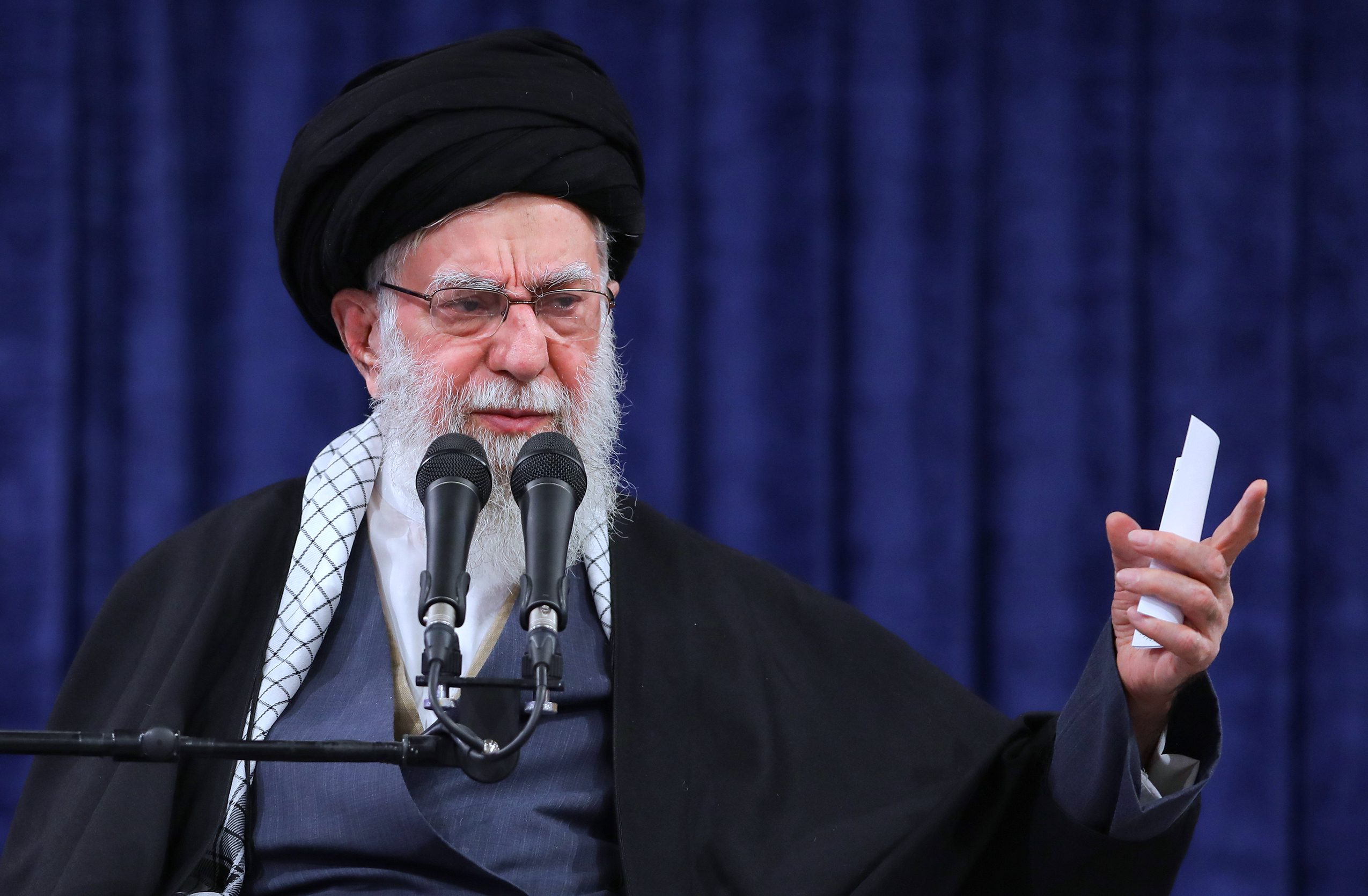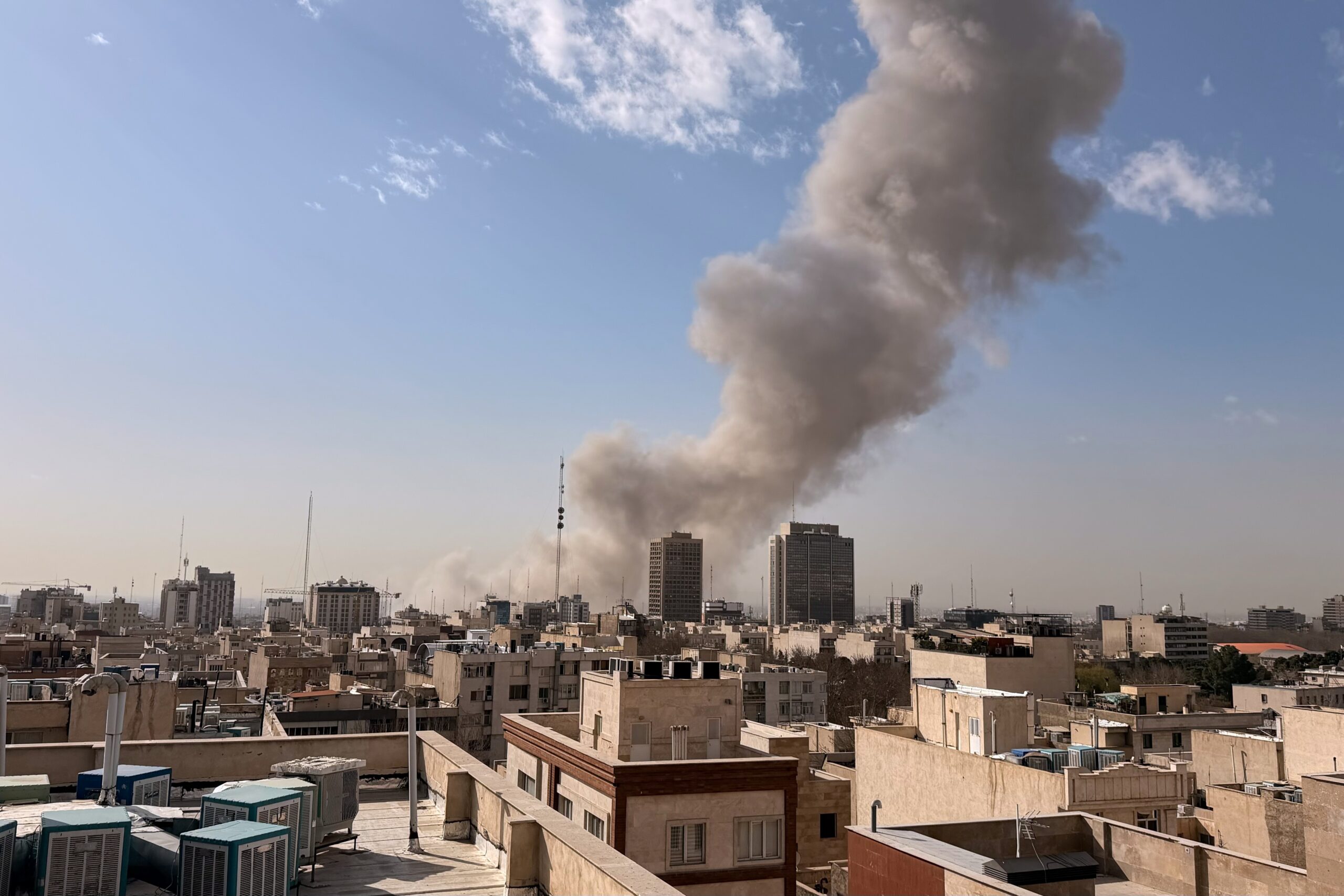Jul 15, 2022
Ayatollah Khamenei’s Predictions on Israel’s Demise
The July 15 edition of the Iran Media Review considers Iran’s state-censored media predictions on the "demise of Israel."
Since Arab states have begun normalizing relations with Israel within the framework of the Abraham Accords, Iran’s state-censored media, inspired by predictions by Supreme Leader Ayatollah Ali Khamenei, are speculating about the demise of the Jewish state.
- September 9, 2015: As Western supporters of the Joint Comprehensive Plan of Action argued the nuclear deal would alleviate Israel’s concerns about a nuclear-armed Iran for the next 25 years, Khamenei predicted: “You will not see the next 25 years. God willing, in 25 years, by the grace and victory of God, there will be no such thing as a Zionist regime in the region.”
- December 16, 2016: Khamenei repeated Israel “will not exist in 25 years,” in a conversation with Ramadan Shalah, the leader of the Palestinian extremist group Islamic Jihad.
- June 6, 2022: In an editorial on Israel, Mashregh News asked, “What are the main indicators of the demise of Zionism?” The piece cited Israeli sources and massaged data, presenting eight factors that it suggested demonstrate the decline of Israel: demographic change, reverse migration, internal and sectarian conflicts, political weakness and lack of a disciplined leader, diminishing deterrent power and weakness of the Israeli army, lack of public confidence in the army, unified Palestinians, and the increased power of the “Axis of Resistance,” in a reference to states and nonstate groups opposing Israel.
The supreme leader first predicted that the Israeli state would cease to exist by 2040, conveniently long enough into the future that the currently 83-year-old Khamenei cannot be held personally responsible if the prediction does not materialize. Disregarding Khamenei’s safe betting, the state-censored media in Iran has since tried to provide evidence to prove him right. But editorials, such as the one in Mashregh News, can neither persuade the public nor serve as policy advice to the supreme leader.
In the not-so-distant past, the regime of Shah Mohammad Reza Pahlavi and Israel were de-facto allies against shared enemies, such as Iraq. Under the Islamic Republic, the regime’s public propaganda turned virulently anti-Israeli, but the secret alignment between the two states continued unabashed: As disclosed in the Tower Commission’s report, Israel was the most important exporter of U.S.-produced arms and spare parts to the Islamic Republic throughout the 1980-88 Iran-Iraq War. The report concluded that it was “A Flawed Process,” but Khamenei, who himself was privy to the secret dealings among Iran, Israel, and the United States, was aware of the benefits to war-beaten Iran.
For the time being, there may not be the shared enemy that brought Iran and Israel together in the past, but the opportunity may once again arise. In the meantime, Khamenei and the Islamic Republic need accurate analysis rather than oracular predictions.
AGSIW’s Iran Media Review monitors, translates, and reviews critical Persian-language media sources identifying important developments and trends in the Islamic Republic of Iran.
The views represented herein are the author's or speaker's own and do not necessarily reflect the views of AGSI, its staff, or its board of directors.

















